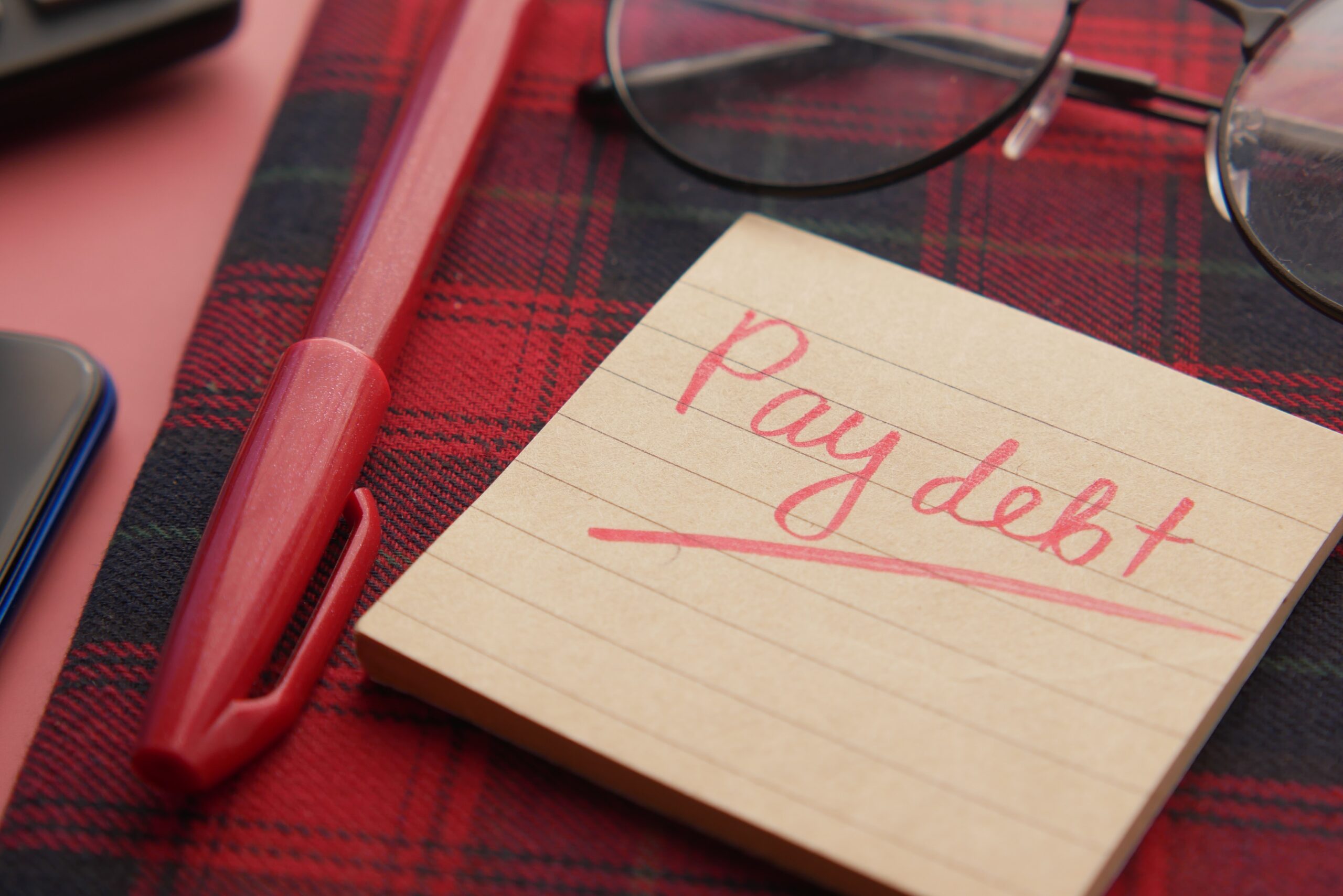
Catalogues allow you to buy everything from household items to electrical goods to clothing and pay from them monthly by opening a credit account. In a way, it is similar to a credit card as the credit is unsecured and you are charged interest on the balance you haven’t paid back each month.
However, in many cases, the interest rates for catalogues are much higher than on credit cards (as much as 40%). This means it can be easier than you think to start building up a balance and getting into debt because the minimum payment might only cover the interest on goods, not the cost of the products themselves.
Missed Or Late Payments
Like credit cards, catalogues charge fees for late or missed payments and will report any none payments to credit reporting agencies, negatively impacting your credit score and your chance of getting future credit. If you have another way to pay for goods, therefore, it’s a much better option, even if a catalogue is offering you interest-free credit.
Balance Transfers
Unfortunately, you may not be able to take advantage of a 0% or low-interest rate balance transfer credit card because many credit card companies don’t allow you to transfer store cards or catalogue balances. However, this doesn’t mean you can’t apply for a credit card with a lower rate of interest than you pay on your catalogue accounts and use this credit card to pay off your catalogue debts.
Many credit cards offer introductory offers that have low-interest rates that then jump up. Be careful with these as you may find that you are in the same situation and unable to pay off your debt even if you swap to a credit card.
Debt Consolidation
If you have debts spread across a number of catalogue accounts, you might want to consider a debt consolidation loan. This will allow you to combine all your catalogue debts into one loan, which will have a lower rate of interest than any of the catalogues and one monthly payment that is also likely to be less than all of your catalogue payments combined.
There are two types of consolidation loan, a secured loan (which means you are borrowing against assets, e.g. your home, which could be at risk if you can’t make repayments) and unsecured, which are not linked to any assets. An unsecured loan is probably best for catalogue debts but if you have a high level of debt or poor credit, might not be an option.
Debt consolidation loans aren’t for everyone and may make your situation worse. It’s always best to speak to a debt adviser before you apply for a loan.
When A Consolidation Loan Is A Good Idea
A consolidation loan might make sense if the fees you are charged on the loan don’t negate any savings you might make. You also need to be able to make the payments; if you can’t, this is when you should speak to a debt adviser. Consolidation loans also only really work if you are able to get your spending under control and aren’t at risk of running up more debts by continuing to use your catalogue accounts.
Think about the longer-term impact of taking out a loan, e.g. what happens if interest rates go up, or you couldn’t keep up with payments.
When A Consolidation Loan Might Not Be A Good Idea
You might want to avoid taking out a consolidation loan if there is a chance you can’t make (or won’t be able to make) your loan repayments, especially if you have to take out a secured loan, which could put your home at risk. A consolidation loan also won’t work if you can’t clear all your debts in one go. Otherwise, you could find you are still paying more out a month than you can afford.
If a consolidation loan isn’t for you, arranging a repayment plan with your creditors might be a good idea; a debt adviser, such as one from Citizens Advice, can help with this.
Shop Around
If you do decide to opt for a consolidation loan, make sure you speak to your bank and shop around for a good deal. Depending on the size of your debt, a credit union might be a good option as they specialise in low-interest loans for people with low incomes, or poor credit ratings, and often allow people to make weekly repayments to help them better manage their finances.



